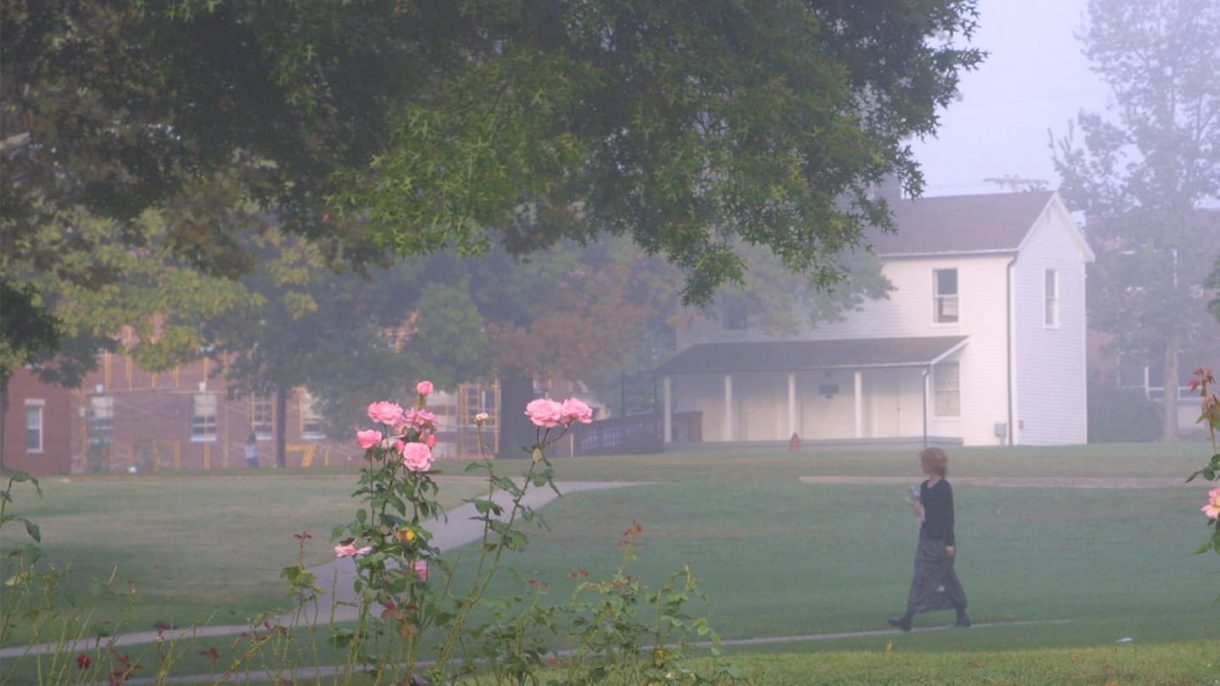
History of Asbury University
Since 1890, Asbury has built on a legacy of equipping students to impact the world for Christ.
Asbury University was founded in 1890 as the fulfillment of a pledge the Reverend John Wesley Hughes, a Methodist evangelist, had made as a student at Vanderbilt University a decade earlier. He chose Wilmore as the school’s location because it was situated within his evangelistic preaching circuit and because the townspeople had shown a willingness to support the financing of the initial physical plant.
Originally named Kentucky Holiness College, the school was renamed to Asbury College to honor the founder of American Methodism, Bishop Francis Asbury. He was directly responsible for the organization of Bethel Academy in the 1790’s. The first of its kind west of the Allegheny Mountains, Bethel Academy was a pioneering Methodist school, located on the banks of the Kentucky River, approximately four miles south of the present Asbury University campus.
On March 5, 2010, Asbury College was renamed to Asbury University, to reflect the institution’s growth and further planned expansion in its master’s level programs and international markets.
Asbury University opened its doors for instruction in September 1890, stating in its bulletin that, “While we give prominence to the religious, we give equal prominence to thorough mental training; thus giving liberal culture of mind and soul.” Since 1893 the University has graduated more than 20,000 men and women, among whom are college presidents, denominational leaders, business executives, medical doctors, lawyers, school administrators, and professors. A host of pastors, missionaries, evangelists, and other full-time Christian workers are also among the alumni, who have placed the Asbury University imprint around the world.
Asbury University is an independent institution, held in trust by a self-perpetuating board of trustees. It is evangelical in its religious commitment, bound by its by-laws to those doctrinal standards established by John Wesley and his immediate successors. The University is not supported by any denomination nor does it receive government funds. Admission is open to any qualified student meeting its standards for matriculation.